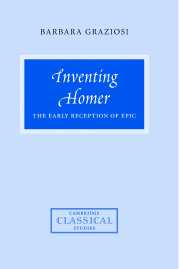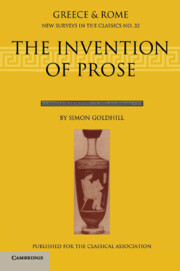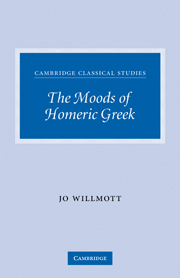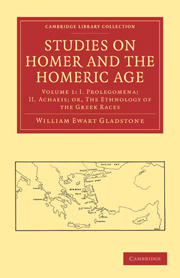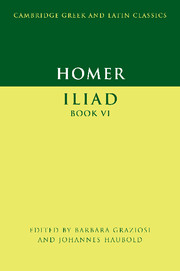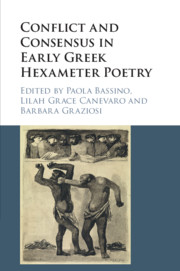Inventing Homer
How was the poet Homer imagined by ancient Greeks? This book examines stories circulating between the sixth and fourth centuries BC about his birth, place of origin and name; the circumstances of his life - such as the story of his blindness - his relation to other poets, and his heirs. The aim is to explore the ancient reception of the Homeric poems, and to look at it in relation to modern representations of Homer, ancient and modern conceptions of authorship, and the 'Homeric Question'. The book's engaging and accessible style should make it attractive to a wide range of readers, including non-classicists, and all quotations from Greek are provided with an English translation.
- Collects archaic and classical representations of Homer, discusses the contexts in which they were created, and relates them to the early reception of epic
- Offers an interesting contribution to the debate about the place of the author in the study of literature
- Written in an engaging and accessible style which will appeal to the expert and non-expert alike
Reviews & endorsements
'One can only wish that Graziosi's approach will be taken up by equally able scholars. She has asked the right questions.' Andreas Hartmann, Katholische Universität Eichstätt-Ingolstadt
'A detailed, stimulating and fresh examination of the evidence for receptions of epic.' Andrew Ford, JHS
'This well documented book lucidly demonstrates that it is well worth being interested in what motivated and shaped Homeric biography.' Stephen Halliwell, Greece and Rome
Product details
July 2007Paperback
9780521038133
300 pages
215 × 140 × 16 mm
0.392kg
1 b/w illus.
Available
Table of Contents
- Frontispiece
- Preface
- List of abbreviations of editions and works of reference
- Introduction
- 1. The birth of Homer
- 2. Homer's name and his place of origin
- 3. The date of Homer
- 4. Blindness, poverty and closeness to the gods
- 5. Homer's relationship to other poets
- 6. The heirs of Homer
- Conclusion
- Bibliography
- Index of passages
- General index.

